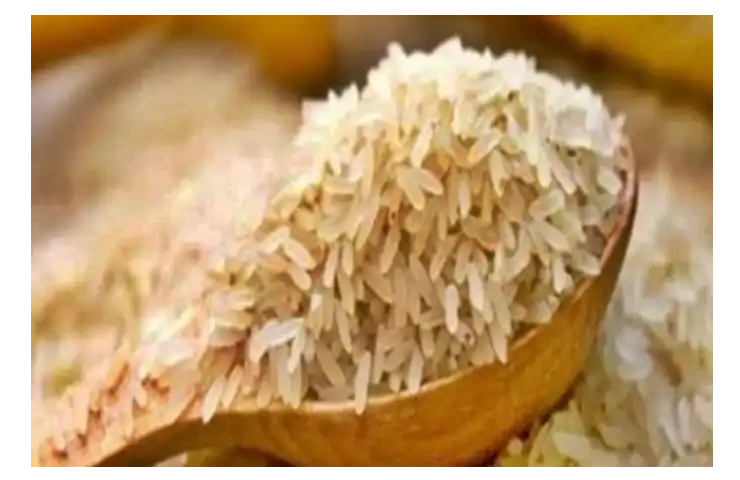After registering record growth in exports last year, India’s shipment of rice could be dented. In December, the Commission for Air Quality Management (CAQM) passed an order asking industrial operations and mills in Delhi and its National Capital Region that do not run on piped natural gas or clean fuels to operate for only eight hours a day from Monday to Friday. Though the order is aimed at reducing air pollution in the capital, it has left about 400 rice mills located here worried.
Rice mills process the raw paddy to procure the grain in their boilers. The process which includes drying of the grain takes about 24 hours. While the CAQM, after reviewing the decision with the mills and other stakeholders, has now allowed them continuous operation it is restricted to only five days.
“This is also leading to disruptions in supplies as one batch takes about 24 hours to be fully processed but in case the mills need to shut down in between the exercise is interrupted. Restarting takes time,” Vinod Kaul, senior executive director, All India Rice Exporters’ Association told India Narrative.
Also read: Despite healthy rice production, shortage of containers hamper exports
Kaul said that many exporters are feeling the pinch as they are not being able to honour their pending orders.
Notwithstanding the Covid 19 pandemic, India’s rice exports surged to record levels since 2020.
In 2020-21, India topped the list of rice exporting countries fetching $8.82 billion in foreign exchange. Among agriculture items, rice is the biggest foreign exchange earner.
Shortage of containers has also hit the rice exporters. India’s exports of rice have increased to countries including China, Bangladesh and several in Africa. Besides, 80 per cent of Basmati rice is being shipped to the West Asian countries.




















